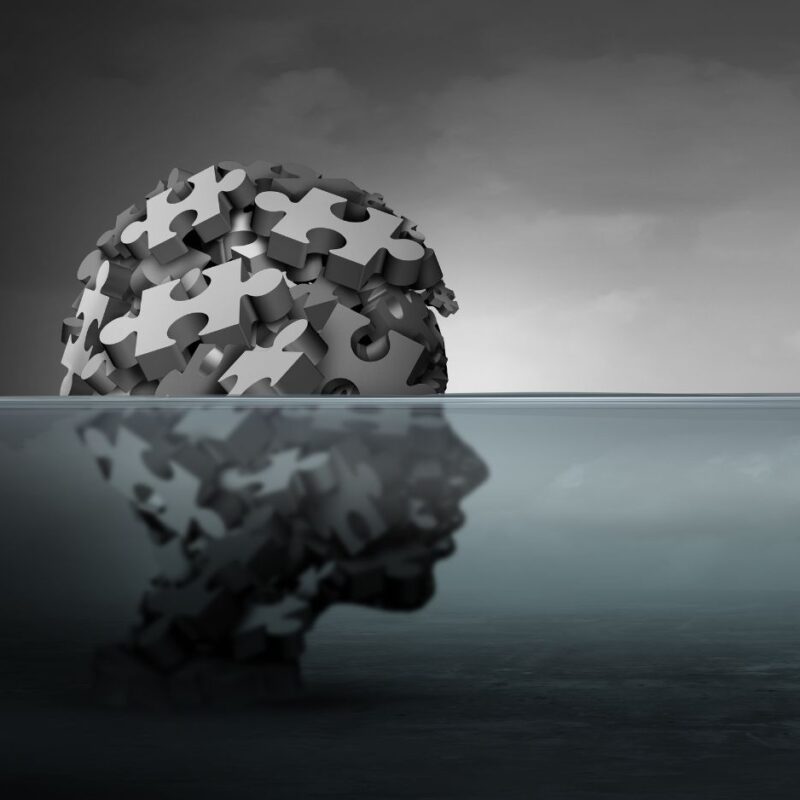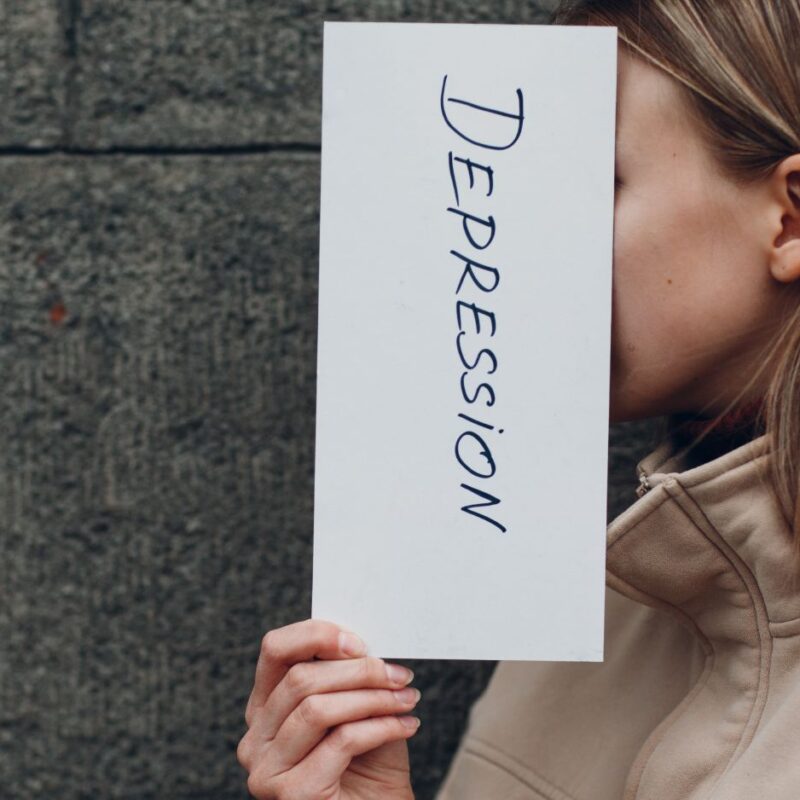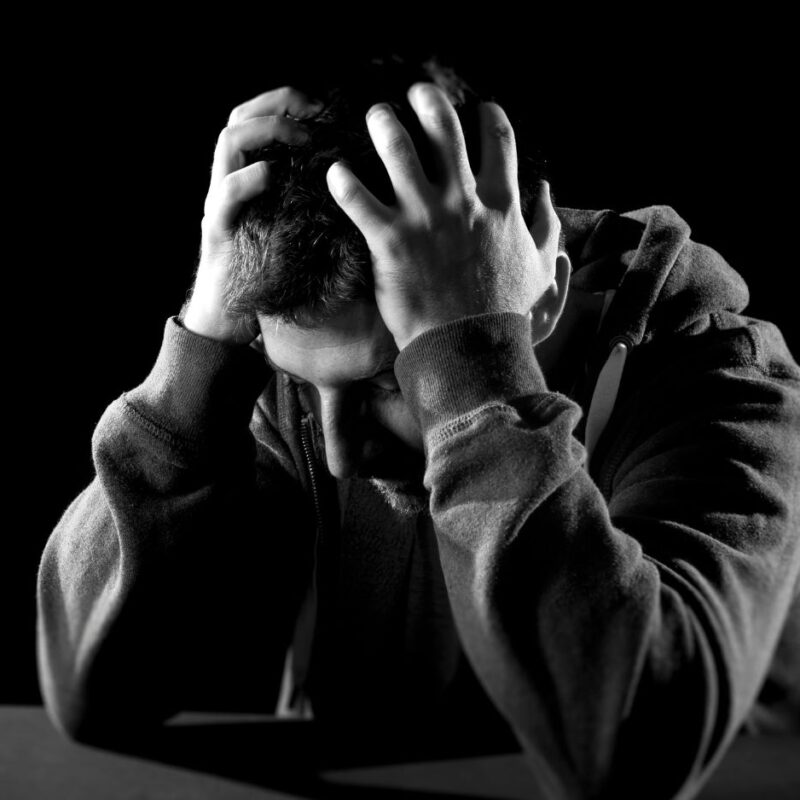Symptoms of depression can vary from person to person but may include:
- Persistent feelings of sadness, emptiness, or hopelessness.
- Loss of interest or pleasure in activities once enjoyed.
- Changes in appetite or weight.
- Sleep disturbances, such as insomnia or oversleeping.
- Fatigue or loss of energy.
- Feelings of worthlessness or guilt.
- Difficulty concentrating or making decisions.
- Thoughts of death or suicide.
Depression can be caused by a combination of genetic, biological, environmental, and psychological factors. Factors such as family history, trauma, stress, certain medications, and medical conditions can increase the risk of developing depression.
Treatment for depression may include psychotherapy, such as cognitive-behavioral therapy (CBT) or interpersonal therapy, medication, such as antidepressants, lifestyle changes, such as regular exercise and a healthy diet, and support from family, friends, and mental health professionals. With proper treatment, many people with depression can manage their symptoms and lead fulfilling lives.




